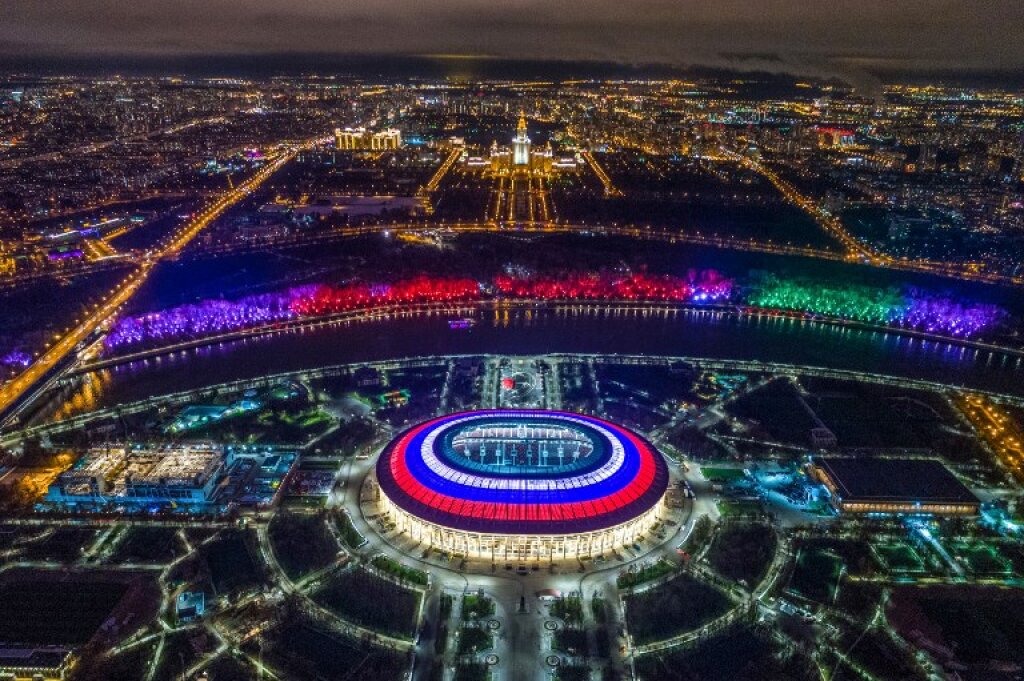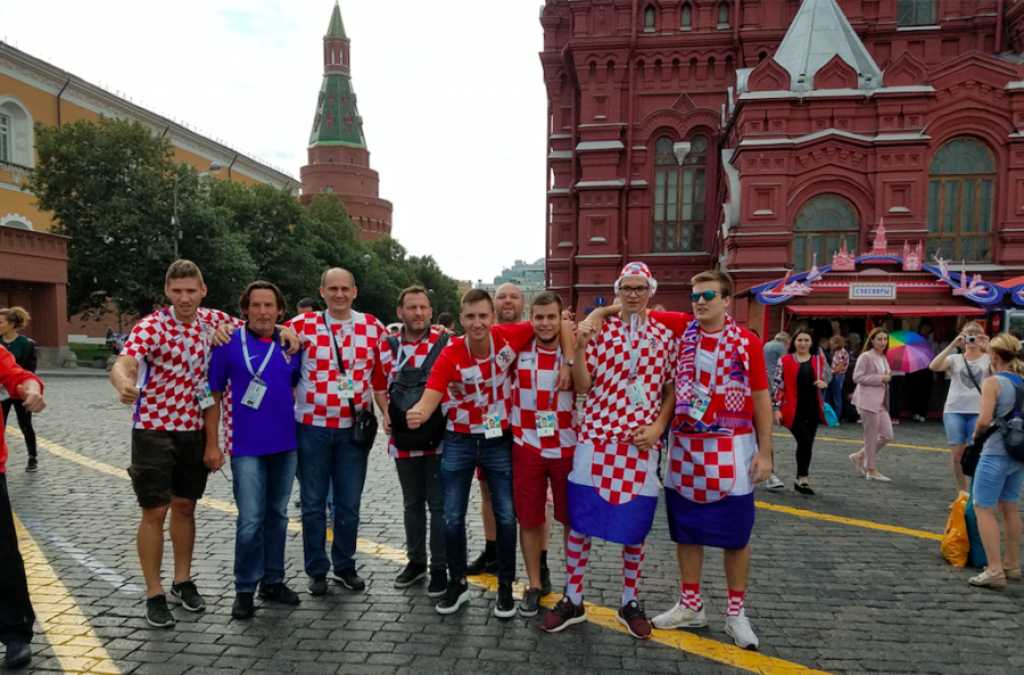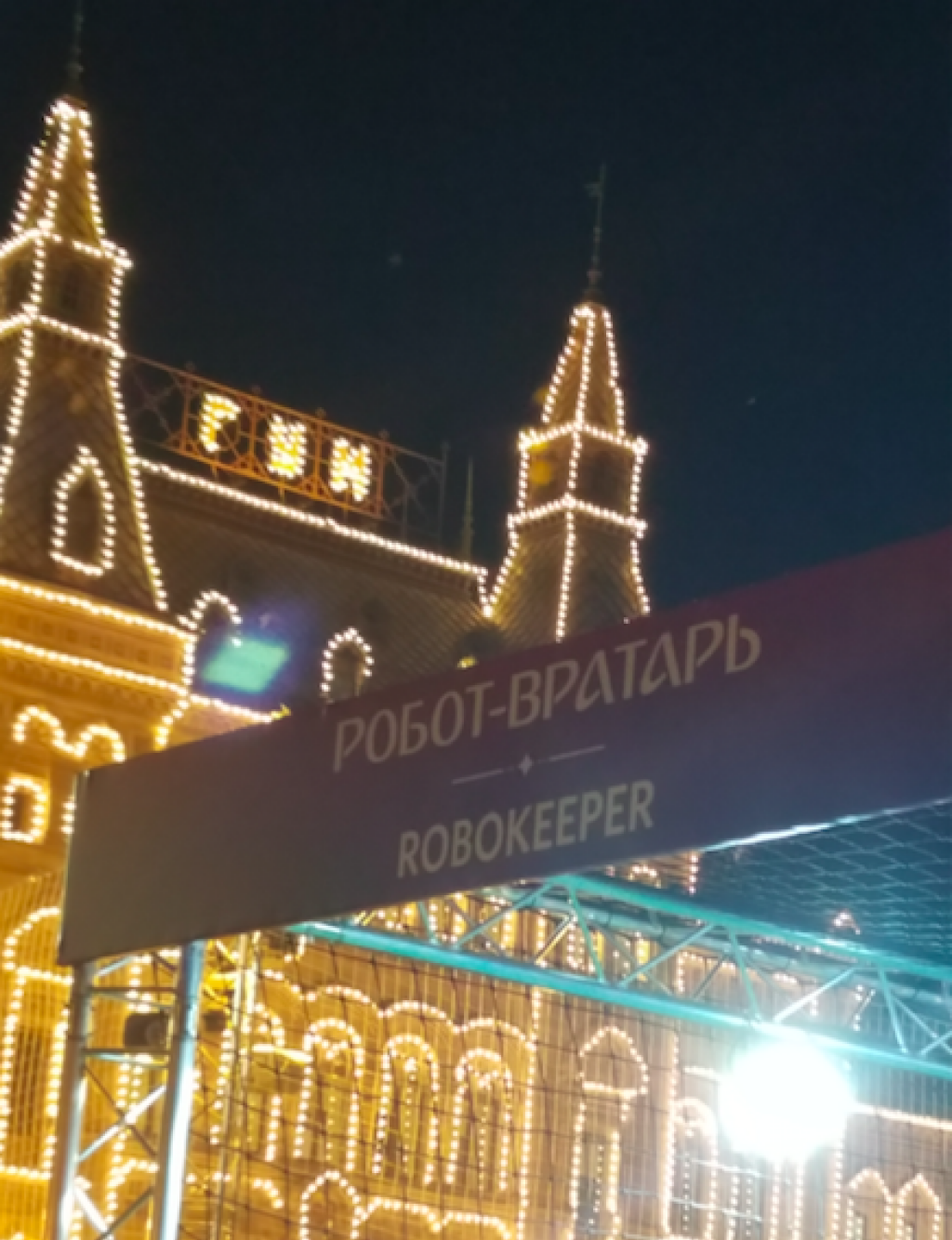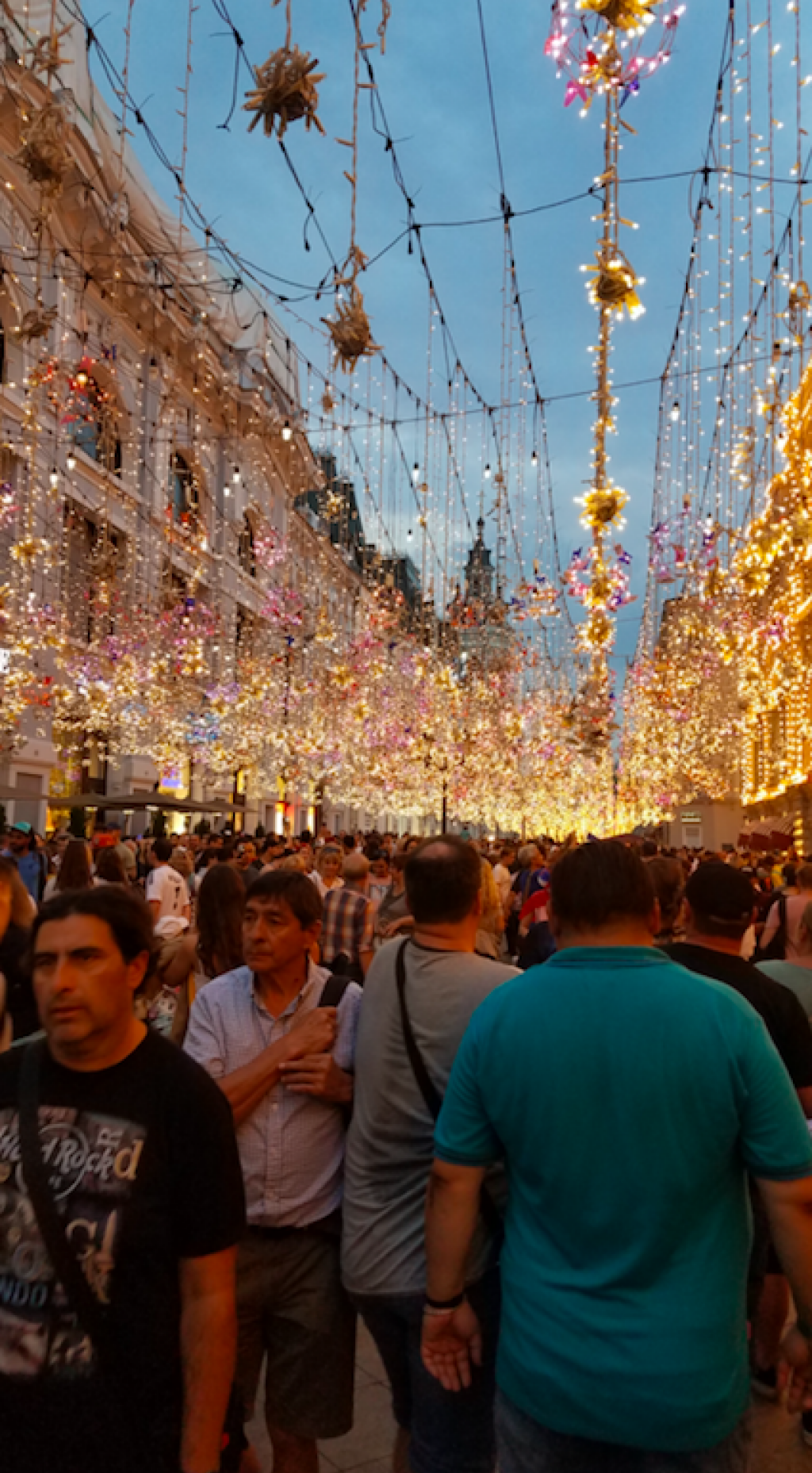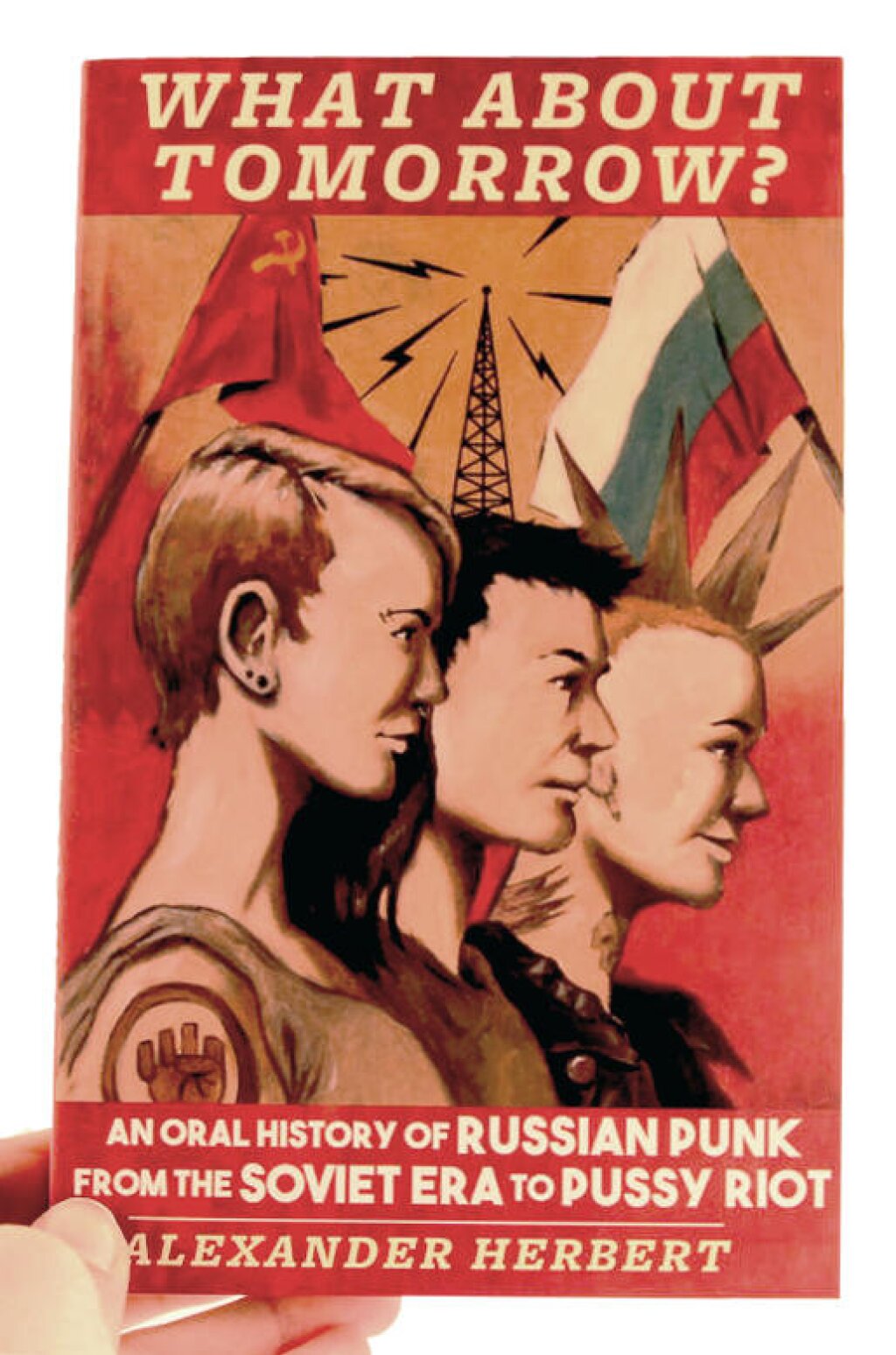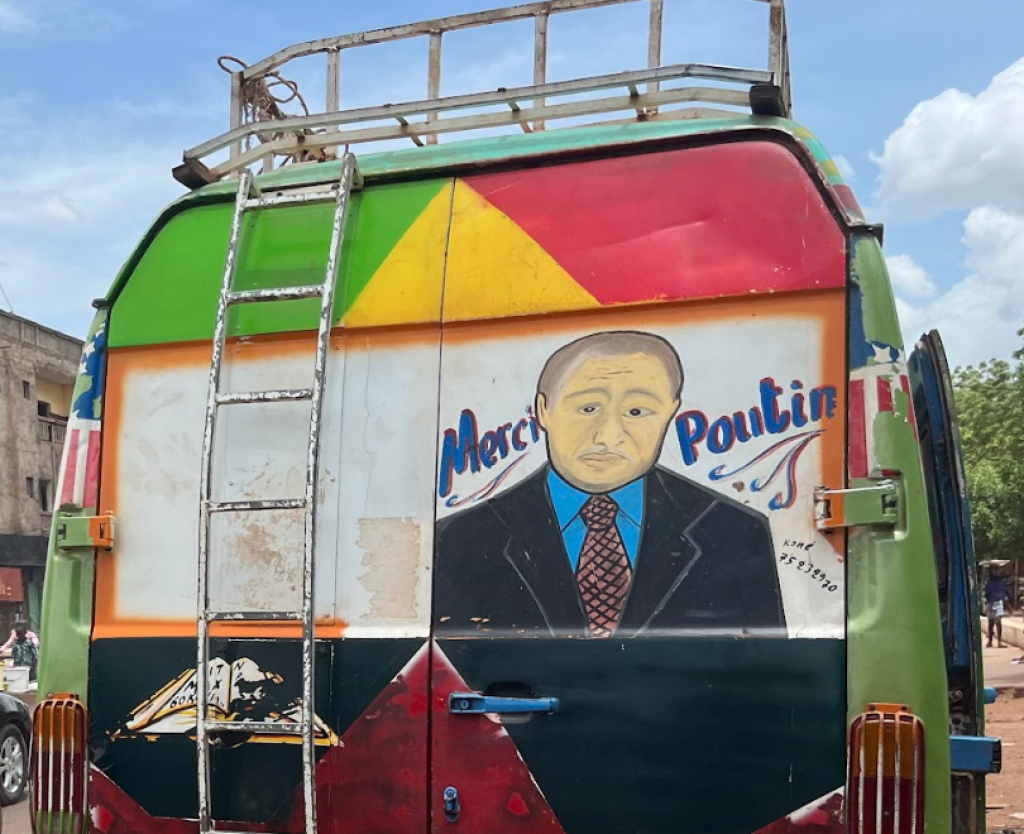Christopher Tremoglie attends the University of Pennsylvania, where he is majoring in Russian and Eastern European Studies and minoring in Political Science.
Moscow has been at the center of the sports world for the past month as the FIFA World Cup held its twenty-first football tournament in the land of Rus’ between 14 June and 15 July. Since the beginning of that period, Russia has been an exceptional host, producing an electric atmosphere and a series of exciting spectacles. News junkies, sports fans, and even authoritarian leaders could breathe a brief sigh of relief as the dark, ominous cloud hovering over the world’s perception of Russia lifted slightly in the face of widespread football enthusiasm. From the perspective of international public relations, the first World Cup to be held in Eastern Europe might be deemed a massive success.
With 32 teams competing for the ultimate prize, the World Cup would be nothing without the collective ambiance of the fans, drawn to Moscow from all around the world in the name of competition. The experience of the World Cup centered on Moscow's famous Red Square.
The stage for the fan experience was set a mere fifteen yards from Lenin's final resting place. Just steps from the Mausoleum, fans could participate in a mock World Cup soccer match, buy refreshments, or try their luck kicking a ball against the "highly skilled" Robokeeper — the venue’s most popular attraction, which offered amateur players the opportunity to "test the accuracy and power of [their] kick."
The embalmed corpse of one of communism's best-known emblems thus lay in the midst of capitalist paradise as an international cadre of football fans cheered, chanted, bought souvenirs and refreshments, and generally enjoyed the festivities surrounding this momentous sporting event. Football fans of the world unite!
Spectators walked on the gray-colored bricks of Red Square on their way to the event itself. After passing through a security checkpoint (complete with metal detectors), sports fans entered a fanciful, wonderfully decorated stretch. Moscow’s famous GUM department stores was covered in beautiful white lights that created a warm and festive atmosphere.
Along nearby Nikol'skaia Street, beautiful multi-colored lights hung above a walkway. Throngs of people passed below, lingering at vendors' stalls and singing or chanting boisterously.
The hype surrounding the World Cup brought new fans to the tournament. As fans watched the final match between France and Croatia, first-time football watchers would often dominate the viewership. “It really has brought the country together,” said Olga Mihalovna, a Moscow-based teacher. “I never watched football before the World Cup, and I am not the only one.” Another teacher, Nastia Lositskaya, agreed: "I've never been interested in football before, nor watched any matches.”
Back in Red Square, face-painted fans carrying their country’s flags or singing their country’s national anthem presented the onlooker with a dizzying array of international diversity. The general good spirits extended far enough that even spectators flying non-Russian flags often joined Russians in chants of ROS-SI-YA!
The unexpected success of the Russian national team added to the tension of this year’s World Cup experience. Although they eventually lost to Cup runner-up Croatia in a hotly contested, down-to-the-wire match, the team's resolve and grit of the team won them many new fans.
“When the World Cup started, I understood that this event was a really historical moment,” said Lositskaya. “Sometimes I listened to national music being sung on Nikolskaya Street by crowds walking through the street. It was a really wonderful time for our country. It brought people together like never before,” she added.
Even after the Russian team’s defeat, the atmosphere in Moscow remained welcoming. A casual stop at a pub led this observer to share a cold one with the regulars, who expressed great pride in their country and opined that more Americans should come visit. Riding the Moscow metro, one met with face-painted fans or cheerful senior citizens — some on the verge of tears because, as one rider put it, “How far we have come.”
For the cross-section of global football fans celebrating together in central Moscow, the joy of the World Cup transcended the tense geopolitical setting. Circles of revelers who “battled” one another while dancing to Russian music and chanting "Ros-si-ya!" filled the Red Square. In a world often mired in conflict, the World Cup offered a brief moment of lighthearted celebration. Though the 4-2 French victory over Croatia brought the competition to a thrilling close, the hospitality and openness of ordinary Muscovites will not soon be forgotten.

